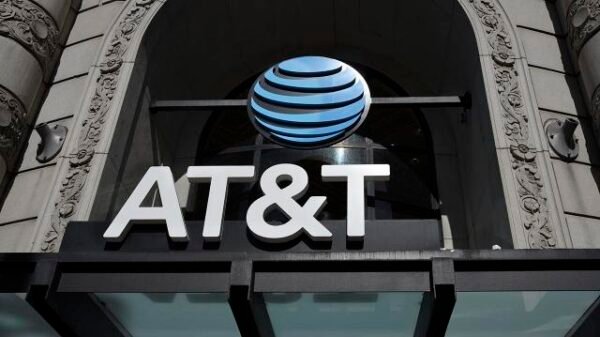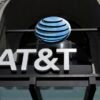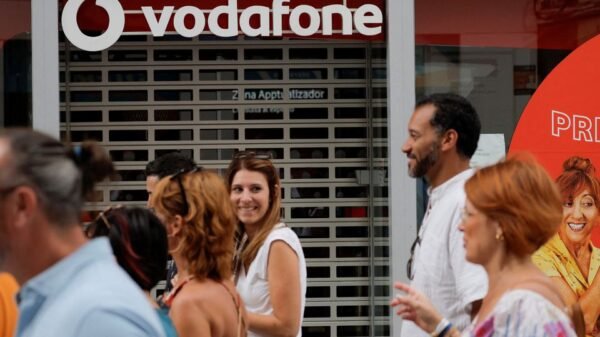Vodafone’s new CEO must rebuild investor trust. Last month, Vodafone nominated Margherita Della Valle as CEO, and investors waited to see if the corporate veteran could revive it.
Della Valle gave Vodafone’s difficulties a stern appraisal within weeks. The stock plummeted to 20-year lows.
On Tuesday, Della Valle, an Italian who joined Vodafone in 1994 and had been its top financial officer since 2018, promised to reduce 11,000 of 90,000 staff and speed up new offers by giving local country leaders more autonomy.
Her assessment of Vodafone’s current condition has bolstered calls for market overhauls and operational improvements.
Investors with contradictory demands, Vodafone’s dividend forecast, and a staff reeling from massive job cutbacks complicate matters.
“They’re fighting too many battles on too many fronts, with still too much debt on the balance sheet,” said AJ Bell investment director Russ Mould. In addition, the share price reflects dividend concerns.
The British telecoms business is one of the world’s largest, with a presence in Europe and Africa. Still, several years of underperformance compared to peers led some investors and analysts to urge for an outsider CEO.
Della Valle impressed the board despite expectations for a newcomer.
She pledged this week to emphasize Vodafone’s enterprise division, a strength where she believes it can acquire a share in a growing market as consumers seek lower deals.
Due to free cash flow estimate cuts, Vodafone’s shares are at 2002 lows.
“With the shares now yielding north of 9%, it is clear that Vodafone is a dividend stock incorporating the expectation of a dividend cut,” Enders Analysis told clients.
Della Valle downplayed concerns over net debt, which Vodafone has cut to 33.4 billion euros ($37 billion), giving it a 2.5 times net debt to core earnings multiple on a pro-forma basis.
“This puts any concerns about our debt levels firmly behind us,” she said.
Vodafone once operated across Europe, Africa, Australia, India, and the US, striking bold deals.
Since retrenching, it is under pressure to depart or combine in several European markets, including Spain, where it has launched a strategic assessment and is open to structural change like a sale or network separation.
Della Valle said agreements were a priority but wouldn’t specify a timeline and defended Vodafone’s structure, which has three significant owners that could gain from a breakup.
In October, it confirmed talks to merge its British operations with Hutchison UK. However, Vodafone’s structure, debt, and share price complicate matters. Nick Read, Della Valle’s predecessor, resigned in December due to investor dissatisfaction with the change speed.
One significant, long-term institutional investor said Vodafone had decent assets but needed to deliver more value.
An investment banker who has worked with Vodafone said the new CEO did a decent job of committing to reforms without tying herself to a deadline when competition regulators’ responses are still unclear.
The banker noted that owning assets worldwide makes more sense when enterprise clients seek integrated services like the Internet of Things.
Vodafone’s shareholder base, where Etisalat (EAND.AD) has a 14.6% holding and won’t go above 25%, limits its maneuverability. It recently joined the board.
Enders said Etisalat’s e& “appears to be in the strategic driving seat” and promoting an “empire-building approach” despite the current stake preventing other takeovers.
That may upset Vodafone’s other major investors, French telecoms tycoon Xavier Niel, who competes with it in Italy, and Liberty Global, its Dutch partner. Both are adept negotiators.
The banker alleged Niel used the shares to compel Vodafone to change the market.
Vodafone commended Della Valle’s “pace and decisiveness” when it hired her. Despite the bleak prognosis, she got accolades for handling the results, presenting Tuesday’s findings alone because she doesn’t have a finance director.
She recommended major reform, but it would take time.


















































Comment Template